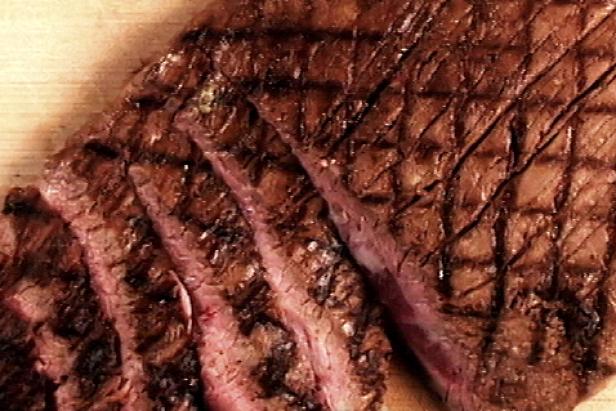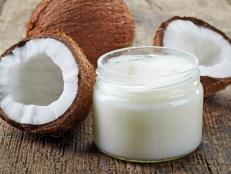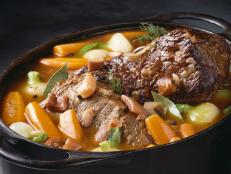Red Meat: Good or Bad?

You can’t miss the negative buzz swirling around red meat. This week, the Washington Post had an interesting piece on how eating beef or pork increases your chances of dying early. This Los Angeles Times article from last year claimed “the news for red meat is getting worse and worse” when a December 2007 study linked red meat to an increased risk of various types of cancer.
In 2006, another study of more than 90,000 women tied breast cancer to eating the red stuff. In 2005, the American Cancer Society said eating red meat increased your chances for colon cancer — but they also said that there is a greater risk of getting cancer from being obese (and being a coach potato) than eating red meat.
Some scary stuff to say the least.
Processed meats such as sausage, deli meat and hot dogs contain nitrites, which help preserve and prevent stuff like E. Coli from growing (did you think hot dogs were naturally that red?). These chemicals have also been linked to cancer risks. Good news is there are nitrite-free meats available.
Let’s not forget the possible problems from cooking at high temperatures, especially grilling over charcoal -- that's also linked to increased cancer chances. And you're probably wondering if those "grass-fed" labels make a difference. Conventionally raised cattle tend to have a higher ratio of omega-6 to omega-3 fats, which research indicates can increase the risk for heart disease. Many folks are opting for grass-fed meats that have a more balanced ratio of the fats.
By now, you’ll probably want to ban red meat from your shopping cart or tear your hair out! Not so fast. Do you see every meat eater in town running around with various types of cancers? I don’t. Yes, there is loads of evidence against eating red meat, but pinpointing the exact cause of the cancers is difficult and unknown at this time -- and there are many factors to consider (especially what's added to the meat or how the animal was raised).
If you want to eat meat, your best bet is to go lean and eat it in moderation. And beef isn’t the only red meat -- don’t forget about lamb, veal and bison. Lean cuts of beef include tenderloin, top and eye rounds, sirloin and flank. Look for lamb shanks, sirloin or rack of lamb. If you rely on ground beef a lot, look for packages labeled 90% lean or higher. And be mindful of portions: no more than 4 ounces, which is about the size of a deck of cards.
It’s just as important to prepare -- and pair -- your meat with low-fat, wholesome ingredients.
-
Here are some delicious recipes that do just that:

































